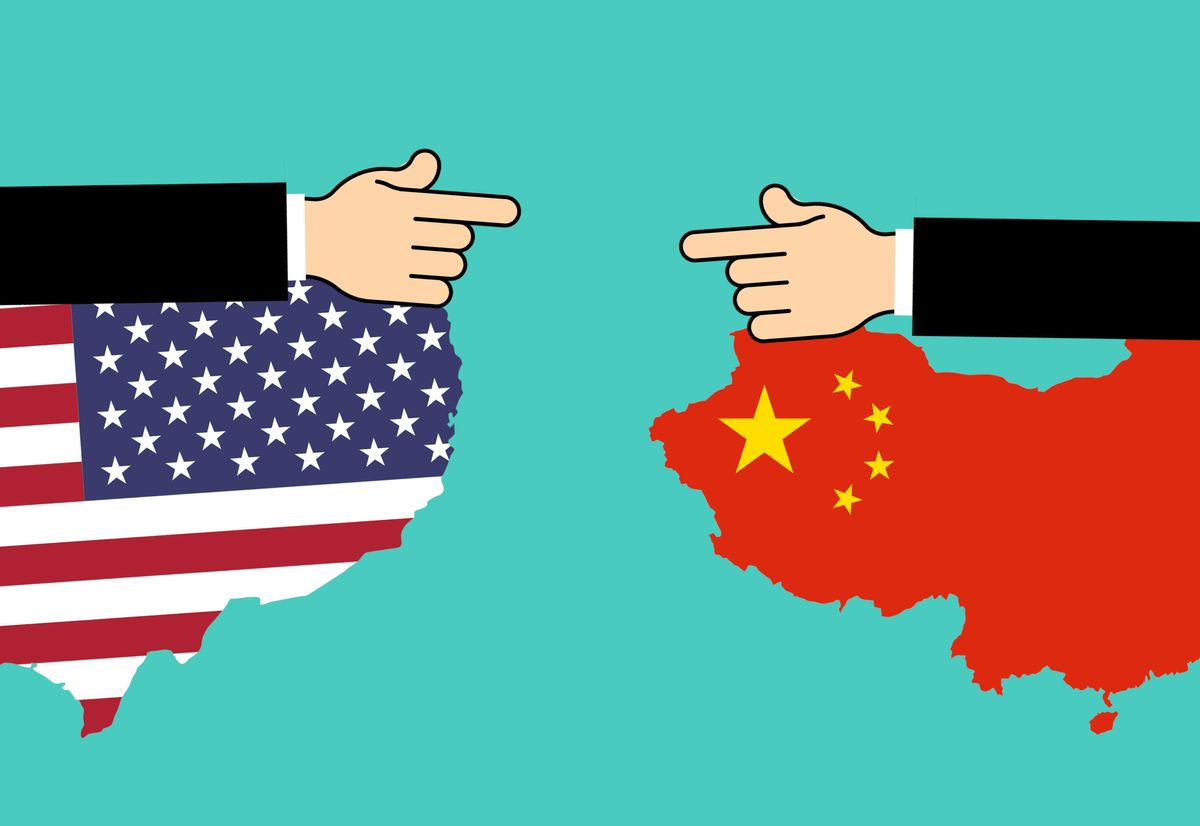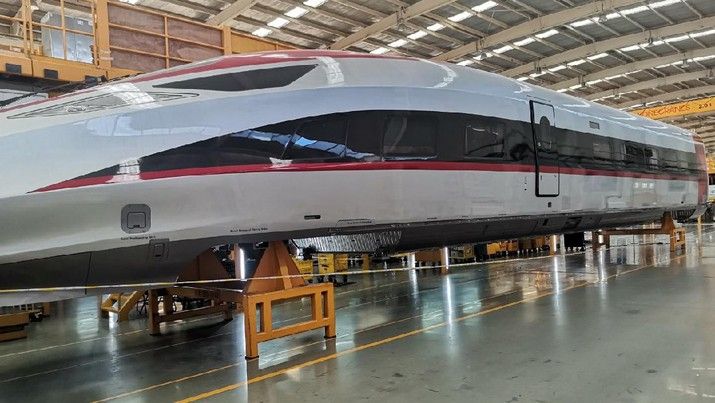American Firms Increasingly Negative Toward Business in China

The Lede: U.S. companies are expressing increasing negativity about doing business in China as the political rivalry between the two countries has strained economic relations, according to a new report from the American Chamber of Commerce in China.
What We Know:
- The American Chamber of Commerce in the People's Republic of China released their latest annual survey of its more than 900 members including some of the most successful companies such as Nike, Intel, Pfizer and Coca-Cola. For the first time it shows that more than half, 55%, no longer regard China as a top-three investment priority where they should spend money to grow their business.
- The number who see the "uncertainty of bilateral relations" as a primary hurdle to doing business in China has risen to 66%, while the number who find that China has become less welcoming to foreign companies has grown to 49%.
The Background: Five years ago, former U.S. President Donald Trump imposed tariffs on approximately $60 billion of Chinese goods as he ramped up his administration’s trade war over what were deemed unfair trade practices such as intellectual property theft and the fueling of a growing trade deficit. China retaliated with tariffs. In the intervening years, the U.S. and China have increasingly disagreed on a number of serious issues including the state of the Russian war in Ukraine, policies on COVID-19, the controversies over Taiwan, security concerns surrounding Tiktok, and the semiconductor industry. The years of economic strain have worsened business ties between the two countries, which account for 40% of world GDP.
Likely Outcomes:
- The deterioration of the U.S.-China relationship has led to a growing number of US companies aiming to move their supply chains outside of China. In the Indo-Pacific region, Southeast Asia and the Indian Sub-continent have seen increasing business ties and this trend will likely continue under this environment of tension. If tensions do not abate, the world economy will experience more volatility, uncertainty, and fragility. Aside from the effects on the U.S. and China, other countries in the world will have to adapt to the economic difficulties by reassessing their international trade ties, which would have to become more diversified or lean more into one side or the other.
- Despite the difficulties facing U.S.-China relations, the numbers show trade between the two countries hit a record high of $690.6 billion last year. Barring open conflict between the two or a serious economic paradigm shift such as a currency or debt crisis, trade will likely remain high into the near future.
Quotables:
"The reality is that China does need a lot of products, especially technology products from the US, and the US does have a lot of companies that run their supply chains through China. This is important for the global economy because it's not just supply chains that these two countries are critical for. The tenor for global trade is set by the relationship between these two countries." – Eswar Prasad, professor of global trade policy at Cornell University and former head of the International Monetary Fund's China Division.
"I've made clear with President Xi that we seek competition, not conflict.I will make no apologies that we are investing to make America stronger. Investing in American innovation, in industries that will define the future, that China intends to be dominating." – Joe Biden, President of the United States of America
Good Reads:
2023 China Business Climate Survey Report (AmCham China)
US firms 'more negative' about doing business in China (BBC)



